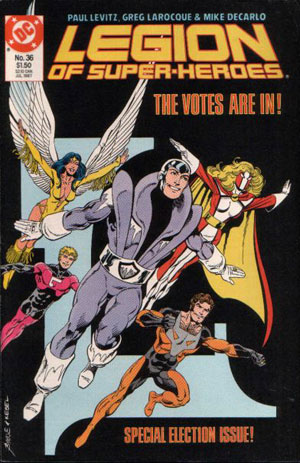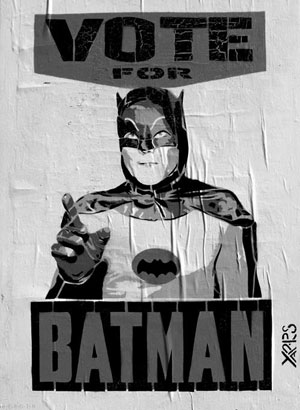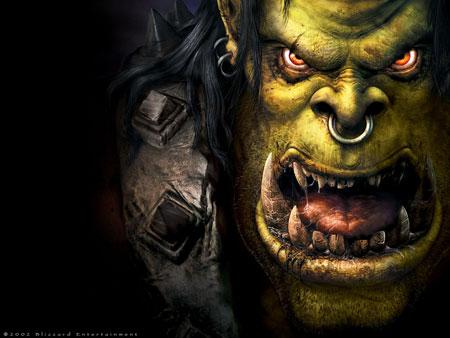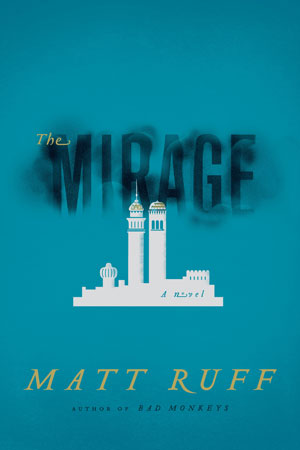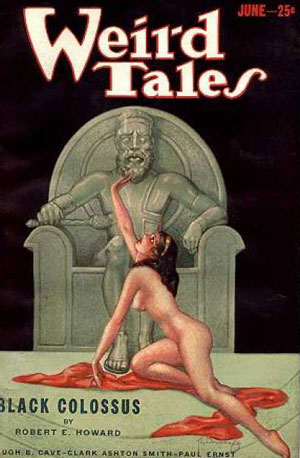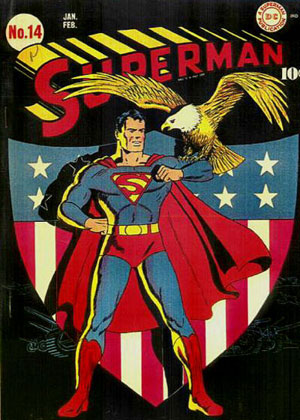It’s Time to Pass National Voting Standards
I’ve spent the last couple of days trying to think of something I wanted to blog about. I already finished my comics reviews, and any other comic book news has been pretty generically dull and/or depressing.
But everyone’s minds are still pretty stuck on politics for now, so let’s just knock something out about that.
One of the things that’s been bugging me lately is the wide disparity between voting conditions in various states and cities. While many people were able to get into their voting location, vote, and get gone within mere minutes, there were plenty of stories about people in other areas who had to wait in line for hours and hours. Nearly all of these long lines seemed to take place in districts that had large minority populations or large numbers of poor people.
Some precincts have touch-screen voting machines, some have scroll-wheel machines, some use lever machines, some use pencil and paper.
In Ohio, Florida, and other states, politicians have been trying to drastically cut the number of days that early voting goes on, mostly as a way to reduce the number of people who vote in elections. And the voter ID laws seem to have been invented, not to stop any voter fraud, since that’s almost nonexistent, but to make it much more difficult for certain classes of people to vote.
Here in Texas, the state passed a law that said your NRA membership card was considered a legal voter ID. Your university ID card, however, was not. (The courts overturned the law before the election.)
The whole thing is really messed up.
I think it’s time the United States had a single national standard for voting. Early voting should be the same days all over the country. States shouldn’t be able to play crooked games to keep people away from the ballot box. Voting requirements should be standardized everywhere. There should always be enough voting machines to accommodate everyone who wants to vote in a precinct. And if voting machines can’t be made secure, we should go back to pen-and-paper ballots.
There isn’t a single reason for minority districts in Florida to have a more difficult time voting than rural white districts in Kansas. There’s no reason why Jon Husted, the Ohio Secretary of State, should be allowed to get away with as many underhanded, if not illegal, attempts to restrict the right to vote as he’s been making in the last few months.
And frankly, I think Election Day should be a holiday — I hate hearing that employers sometimes won’t let their employees have time off to vote, and a national holiday would guarantee that almost everyone would have enough time to make it to their polling place. And I kinda think Australia has the right idea. Down Under, voting is compulsory. No whining that you’d rather stay home and sleep, or that you hate all the candidates. Too bad, so sad, go vote.
I don’t know if we’ll ever be able to get politicians to do all of that honestly or competently. But I really think it’s time we started trying to do it. So could you please take the time today to write your Congressmen, legislators, and any other politicians you can, and encourage them to start bringing the U.S. in line with the rest of the civilized world?
Muchos gracias.

